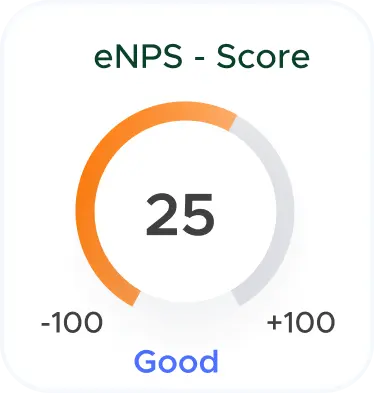Do federal employees get bereavement leave?
Yes, federal employees are typically eligible for bereavement leave. The specifics of bereavement leave for federal employees are governed by the Office of Personnel Management (OPM) regulations and policies.
Do federal employees get paid bereavement leave?
Yes, federal employees may receive paid bereavement leave, subject to the policies outlined by the Office of Personnel Management (OPM). The amount of paid leave provided may vary depending on the circumstances and the employee's status.
What are the legal framework and regulations regarding bereavement leave?
Employers are generally not legally required to provide bereavement leave, but many jurisdictions have laws or regulations that govern the provision of time off for grieving employees. These laws may vary by jurisdiction, with some countries or states mandating a minimum amount of bereavement leave or specifying eligible relationships for which leave can be granted.
Bereavement leave policies vary widely among organizations, ranging from a few days to several weeks of paid or unpaid leave, depending on factors such as the employee's relationship to the deceased and the cultural norms of the organization. Some companies may offer additional benefits, such as counseling services or flexible work arrangements, to further support grieving employees.
Employers must ensure compliance with relevant employment laws and regulations governing bereavement leave, including providing eligible employees with the appropriate amount of time off and adhering to any notification and documentation requirements.

.svg)













.svg)



.svg)
.svg)